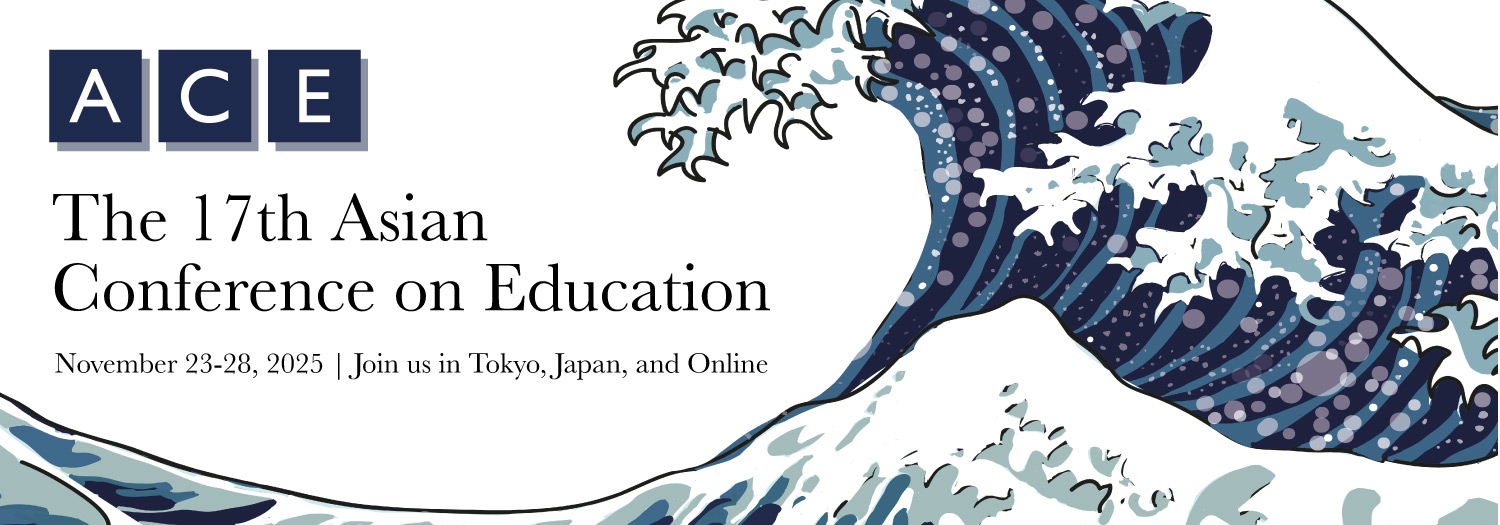Presentation Schedule
Exploring Middle-Aged and Older Learners’ Participation in Online Intergenerational Courses: The Roles of Internet Proficiency and Attitude Toward Younger Generations (88400)
Monday, 25 November 2024 15:50
Session: Poster Session 1
Room: Orion Hall (5F)
Presentation Type: Poster Presentation
Advances in technology and an aging society, accelerated by the pandemic have recently propelled the development of emerging educational models such as online intergenerational courses. However, previous research has found that middle-aged and older adults often have low familiarity with internet operations and exhibit lower connectivity across different generations. Accordingly, the aim of the study is to understand their willingness to participate in intergenerational online courses. This study used a questionnaire survey method to purposively sample adults aged 45 and above in Taiwan. A total of 114 participants were gathered, consisting of 39% men and 61% women. The average age is 53.74(SD=8.02). The research employed instruments including a Internet self-efficacy scale, an attitude scale towards younger generations, an elderly version of intergenerational communication scale a scale measuring importance and satisfaction, and a willingness to participate scale. The current results indicated that general self-efficacy in internet operations and communicative self-efficacy were positively correlated with participation in online intergenerational courses. This suggests that older adults who are more familiar with internet operations are more willing to participate in online courses. Furthermore, positive impressions of university students and interactions with them, as well as interactions with younger family members, were also positively correlated with participation in intergenerational online courses. This implies that better impressions of younger generations and positive interactions increase willingness to engage in intergenerational courses online. Therefore, familiarity with internet operations and positive perceptions or interactions with university students both enhance the willingness to participate in online intergenerational courses.
Authors:
Li Chi Lee, National Taiwan Normal University, Taiwan
Ya-Ling Wang, National Taiwan Normal University, Taiwan
About the Presenter(s)
My name is LI CHI LEE.I am currently a masters degree student, and in addition to my studies, I also work as a math tutor. My students range from kindergarten to high school, and I have been tutoring for 9 years.
See this presentation on the full schedule – Monday Schedule





Comments
Powered by WP LinkPress